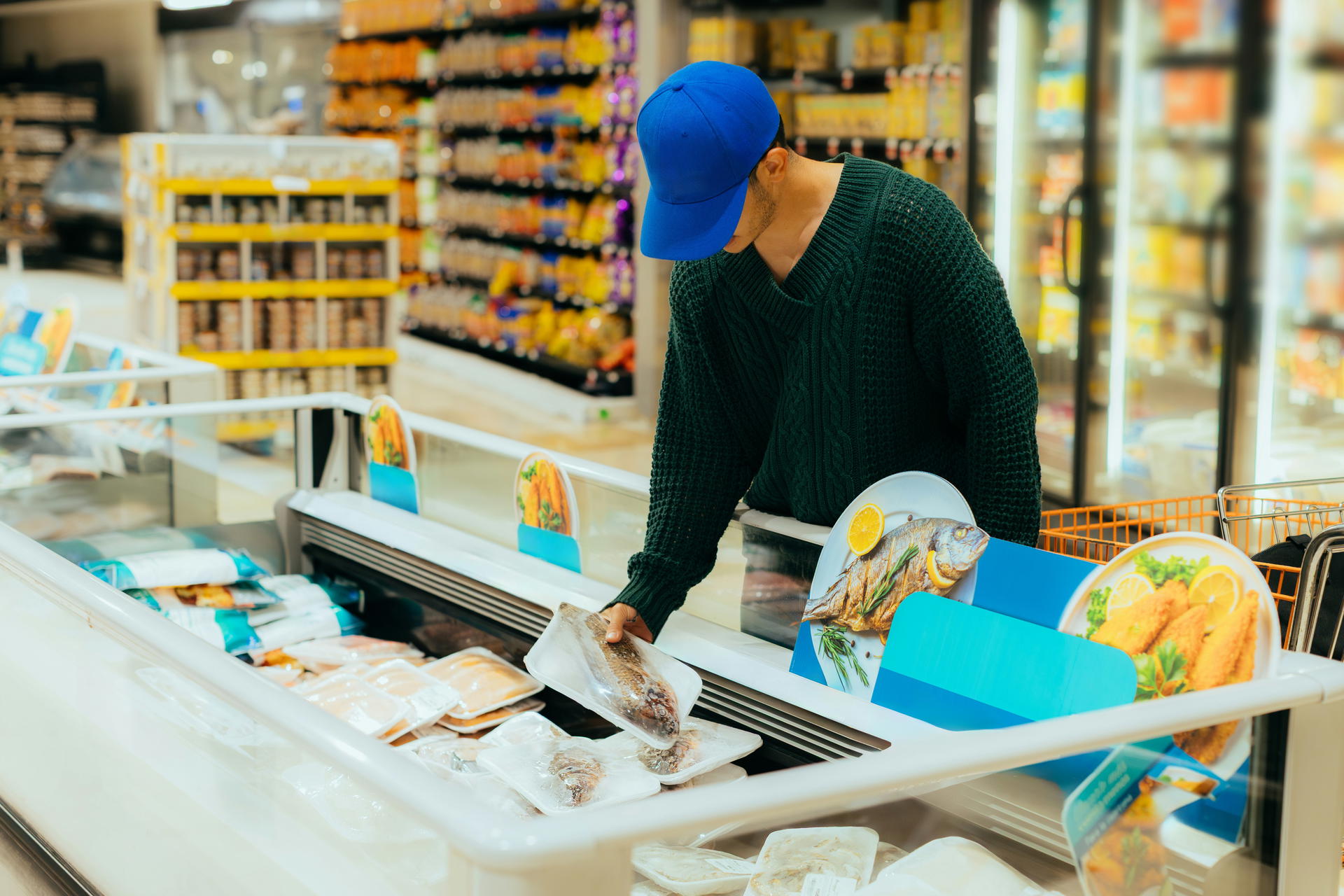· 3 min read
illuminem summarises for you the essential news of the day. Read the full piece on The Wall Street Journal or enjoy below:
🗞️ Driving the news: A new survey by sustainability consultancy Aura reveals that 37% of consumers in the U.S. and Canada have abandoned purchases due to unsustainable packaging, rising to 42% in Europe
• The findings underscore growing consumer pressure on brands and retailers to cut down on plastic and demonstrate credible environmental action
• Meanwhile, major brands such as Coca-Cola and Unilever have already delayed their own plastic reduction targets by five years, citing unrealistic initial goals
🔭 The context: Plastic packaging has become a prominent symbol of corporate environmental responsibility, yet progress on cutting plastic use has stalled
• The U.S. Plastics Pact, signed by companies including General Mills, Kraft Heinz, and Eastman Chemical, initially pledged to make 100% of plastic packaging reusable, recyclable or compostable by 2025; these targets have now shifted to 2030
• The United Nations Environment Program estimates global plastic production exceeds 400 million tonnes annually, while scientific research links thousands of chemicals in plastics to serious health risks
🌍 Why it matters for the planet: Plastic pollution remains one of the most persistent environmental challenges, contributing to climate change, biodiversity loss, and human health risks
• Consumer demand for sustainable packaging offers an opportunity to drive industry change, but companies delaying action risks undermining both public trust and global climate targets
• The growing scrutiny on chemical safety in packaging further intensifies the imperative for transparent and ambitious reforms
⏭️ What's next: Companies face rising pressure from both consumers and regulators to accelerate packaging innovation and data transparency
• In Europe and parts of the U.S., emerging policies are shifting the financial responsibility of waste recovery to producers
• This could expose companies to higher compliance costs and reputational risks if they fail to deliver
• In the coming years, corporate sustainability strategies will increasingly hinge on aligning packaging practices with evolving standards and consumer expectations
💬 One quote: “This data is a wake-up call. Without change, companies risk losing customers and facing financial penalties — a double hit to the bottom line” — Gillian Garside-Wight, Aura
📈 One stat: Over 4,200 of 16,000 chemicals used in plastics are classified as persistent, bioaccumulative, mobile, or toxic, according to a Nature study
See on illuminem's Data Hub™ the sustainability performance of Coca-Cola, Unilever, and Kraft Heinz and their peers in the consumer goods sector
Click for more news covering the latest on climate change






